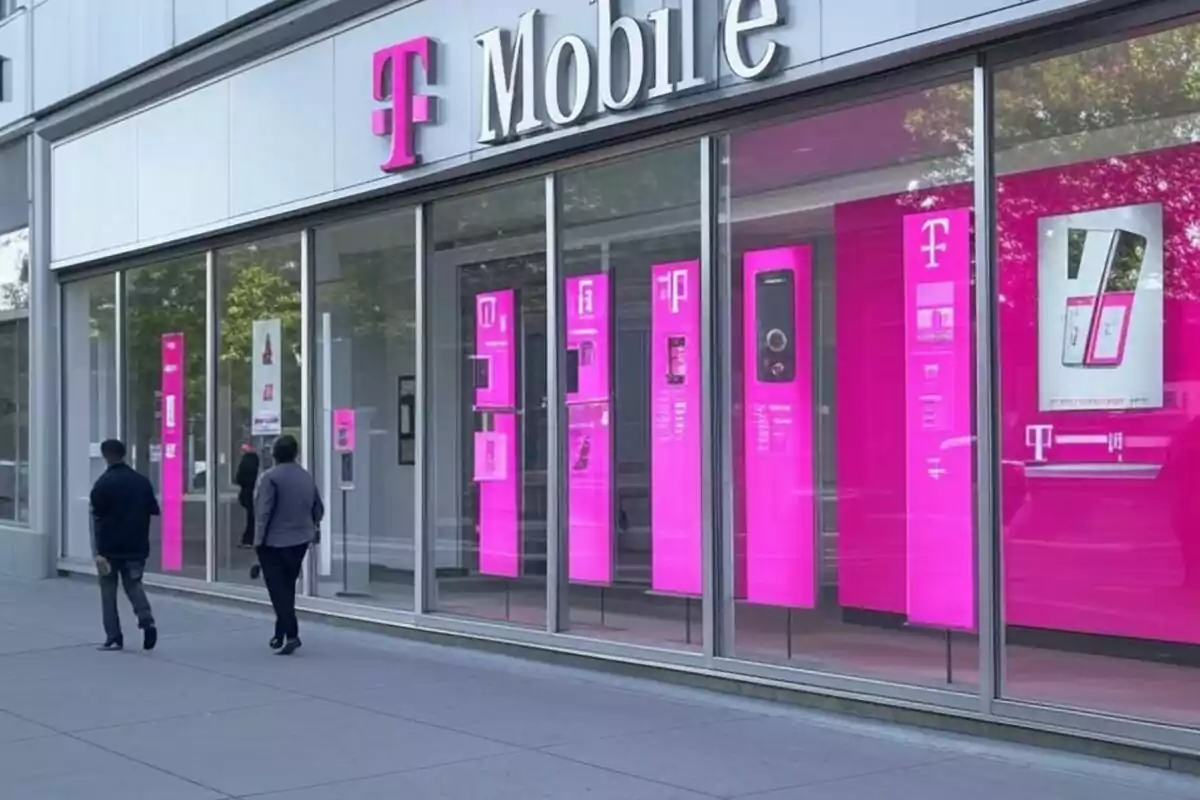
No one expected T-Mobile to take this hard hit: they'll have to wait a while
The operator's clients expected the satellite project they are working on to achieve better results
T-Mobile has been working with SpaceX on an ambitious project that has captured the attention of the entire industry. It's the direct-to-cell connection service via satellites.
This innovative technology promises to revolutionize connectivity in areas where traditional mobile networks don't reach. However, the reality is that the launch won't be as fast or as powerful as many had hoped.
The satellite service, which is currently in its beta phase, has been launched in some areas since October 2024, especially in regions affected by natural disasters. However, for now it only allows sending text messages.

The promise is that in July of this year, the broader rollout will officially begin, including data services. But here's where the unexpected blow comes for T-Mobile. Independent early analyses have shown that data speeds will be quite limited in its initial phase.
T-Mobile faces disappointment
A study conducted by Universidad Politécnica de Madrid revealed that at this beginning, data transmission speeds could be slow. According to the researchers, the service is expected to reach just about 4 Mbps (4 Mbps) outdoors. This is enough for very basic tasks, such as sending emails or using messaging apps with little multimedia content.
This is far from the speeds users are used to with 4G or 5G networks. It's important to note that T-Mobile never promised that this satellite connection would directly compete with conventional cellular networks. The intention was always to offer an alternative when no mobile coverage is available, such as in rural areas or regions affected by emergencies.
During the first months of testing, the satellite signal has shown stability, with no signs of congestion. This is mainly because usage has been restricted to sending SMS.

Even so, experts warn that the signal is weaker than that of an LTE network. This can cause higher battery consumption in phones connected to these satellites.
Improvement expected in the future
The report also suggests a possible improvement in the future. As T-Mobile launches more satellites and new technical regulations are applied, speeds could increase. Some optimistic estimates point to up to 24 Mbps (24 Mbps), although certain experts note that this figure could be overestimated.
It's clear that T-Mobile's satellite service is an impressive step toward more universal connectivity. However, those who desired a 5G-like experience will have to be patient. Data speeds, at least in the first few months, won't meet the highest expectations.
More posts: